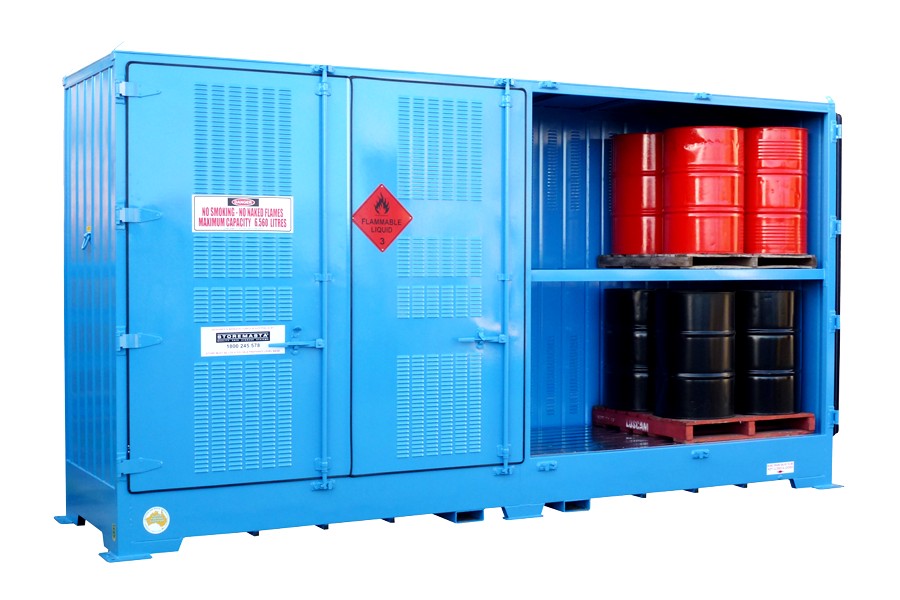
Audi is known for delivering high-performance vehicles that offer a smooth and powerful driving experience.
A crucial part of keeping this performance up is the water pump, which plays a key role in cooling your engine and preventing overheating. Unfortunately, many Audi models are prone to water pump failures, leading to widespread issues for drivers. These failures, if ignored, can cause serious engine damage. Let’s explore why these problems are so common and how you can address them before they escalate into costly repairs.
What Does the Water Pump Do in an Audi?
The water pump in your Audi is a critical component that helps regulate engine temperature by circulating coolant throughout the engine. This process prevents your engine from overheating by ensuring a steady flow of coolant from the radiator to the engine and back. Without a functioning water pump, the engine would overheat, leading to severe damage. Maintaining the health of the water pump is vital to keeping your Audi performing at its best, especially during long drives or in hot conditions.
6 Common Signs of Audi Water Pump Failure
Identifying the common signs of water pump failure in your Audi early can help prevent expensive Audi Engine Repairs. The water pump is critical to regulating engine temperature and any malfunction can lead to serious problems. Here are the detailed signs you should look out for:
1. Coolant Leaks:
- One of the first indicators is a coolant leak, often visible as green, orange, or pink puddles under the car. These puddles typically form near the front and center of the engine bay. The leak occurs when the seals in the water pump wear out or break, causing coolant to escape.
2. Whining or Squealing Noises:
- If you hear a high-pitched whining or squealing noise when your car is running, this could be due to a loose or worn-out pulley attached to the water pump. The noise often increases as you accelerate, signaling that the pulley or the belt driving the pump is failing.
3. Overheating Engine:
- When the water pump isn’t working properly, coolant can’t circulate through the engine efficiently. This leads to overheating, often indicated by a rising temperature gauge on your dashboard. Overheating is a serious issue that can cause engine failure if left untreated.
4. Steam from the Radiator or Engine:
- If you notice steam coming from under the hood, it’s a clear sign of an overheating engine. This happens when the coolant can no longer keep the engine’s temperature down, often because the water pump has stopped working.
5. Low Coolant Levels:
- If you frequently need to add coolant to your system without obvious leaks, it could indicate a slow leak caused by a failing water pump. The coolant may be leaking internally, evaporating before it creates visible puddles.
6. Rust or Corrosion on the Water Pump:
- Over time, small leaks can cause rust or mineral buildup on the water pump itself. This corrosion weakens the pump and eventually leads to failure, causing coolant to leak out more rapidly.
If your Audi shows any of these symptoms, it’s important to address the issue quickly. Ignoring the signs can lead to total water pump failure, engine overheating, and potentially costly repairs.
7 Causes of Water Pump Failures in Audi Vehicles
Audi water pump failures can happen for many reasons, and it’s important to understand what causes these problems. Here are the key causes explained in simple terms:
1. Faulty Parts:
Some Audi models have defective water pumps. These pumps have weak parts like seals or blades (called impellers). If these parts break, the pump stops working properly. This issue affects certain Audi models, especially those with turbocharged engines.
2. Heat Damage:
The water pump is constantly working in a hot environment. Over time, the heat damages the materials inside the pump, like plastic or rubber parts. These parts get weaker and start to crack or break, causing the pump to fail.
3. Wearing Out Over Time:
Like all car parts, water pumps wear out after a while. As your Audi gets older, the water pump’s moving parts, like bearings and seals, will wear down. This happens naturally after driving many miles, usually between 60,000 and 90,000 miles.
4. Corrosion:
If you don’t change the coolant regularly, rust and mineral buildup can form inside the pump. This corrosion weakens the pump and can cause it to crack or leak, stopping it from working.
5. Loose or Broken Belts:
The water pump is powered by a belt connected to the engine. If this belt gets loose, misaligned, or breaks, the pump can’t move the coolant properly. This often happens when belts aren’t replaced on time.
6. Leaky Seals:
The seals in the water pump are there to keep coolant from leaking out. Over time, these seals can dry out or crack. Once they leak, the pump can’t keep up proper coolant flow, causing the engine to overheat.
7. Vibrations from the Engine:
Constant vibrations from the engine can loosen parts of the water pump over time. If the pump parts shift or get damaged from vibration, the pump will stop working correctly.
Regular Car Maintenance and checking the cooling system can help prevent these issues. By catching the problem early, you can avoid bigger, costlier engine damage.
Audi Models Affected by Water Pump Issues

Many Audi models have experienced water pump failures. These problems are mostly found in vehicles with turbocharged engines. The common issue is with faulty parts like seals and impellers. These parts can crack or wear out early, causing the water pump to fail.
Here are the most affected models:
- Audi A3, A4, and A5: These popular cars often have water pump issues. Coolant leaks and overheating are common signs. The faulty pump can stop coolant from flowing properly, putting the engine at risk.
- Audi Q5 and Q7: These SUVs, especially from 2014 to 2020, have been known to face water pump problems. When the pump fails, the engine overheats, leading to serious damage if not fixed quickly.
- Audi S4, S5, and SQ5: High-performance models like these are also at risk. The extra power of these cars makes the water pump work harder, increasing the chance of failure. Overheating is a major concern in these models.
- Audi TT and A6: These models have been part of recalls for water pump failures. Faulty pumps can cause overheating and potential engine damage. Audi has recalled some of these vehicles to replace the pumps.
If you own any of these models, regular checks are important. Look out for coolant leaks, engine overheating or strange noises from the engine. Some of these vehicles are part of recall programs, so it’s a good idea to check with your Audi dealer.
What Should You Do If Your Water Pump Fails?
If your Audi’s water pump fails, acting fast is crucial to avoid serious engine damage. At Audi Experts Dubai, we provide expert service to diagnose and fix water pump issues, ensuring your vehicle stays in top condition. Here’s what you should do if your water pump fails:
1. Stop Driving Immediately:
If you notice your engine overheating or see signs like coolant leaks under the car, stop driving right away. Continuing to drive with a faulty water pump can severely damage the engine.
2. Look for Leaks:
Check for green or orange coolant puddles under your car. This is often a clear sign of a water pump leak, which needs immediate attention.
3. Contact Audi Experts Dubai:
Reach out to our experienced team of Audi specialists. We will tow your car to our service center if necessary and inspect the water pump and cooling system. Our certified technicians are trained to handle Audi models, ensuring accurate diagnostics and quality repairs.
4. Replace the Water Pump:
If we confirm the water pump is the problem, our team will replace it using high-quality, genuine Audi parts. We also inspect related components like the timing belt and coolant system to prevent further issues.
5. Monitor Your Car Post-Repair:
After we replace the water pump, we will ensure that your Audi is running smoothly. We advise keeping an eye on the engine’s temperature and performance in the days following the repair, but rest assured, our work is backed by warranty.
By addressing water pump failures quickly and trusting Audi Experts Dubai, you can avoid costly repairs and keep your vehicle in excellent condition. Contact us today for expert service.
Cost of Water Pump Replacement in Audi
The cost of replacing a water pump in your Audi can depend on the model and any extra repairs that might be needed.
- Audi A3: AED 1,800 – AED 2,500
- Audi A4: AED 2,000 – AED 3,000
- Audi Q5: AED 2,500 – AED 3,500
- Audi A6: AED 2,800 – AED 4,000
- Audi Q7: AED 3,000 – AED 4,500
Note: These are just estimates, and the final cost will depend on the exact model of your Audi and the extent of repairs required. For a precise quote, it’s best to contact Audi Experts Dubai directly for a detailed inspection.
Maintaining your Audi’s water pump is crucial to keeping your engine running smoothly. Ignoring early signs like coolant leaks or overheating can lead to serious engine damage and costly repairs. Regular check-ups can help spot problems before they escalate, saving you both time and money. At Audi Experts Dubai, we recommend scheduling routine inspections to ensure your water pump is in good condition. Don’t wait until it’s too late—book a service today to keep your Audi performing at its best.
Become a Harlem Insider!
By submitting this form, you are consenting to receive marketing emails from: . You can revoke your consent to receive emails at any time by using the SafeUnsubscribe® link, found at the bottom of every email. Emails are serviced by Constant Contact








